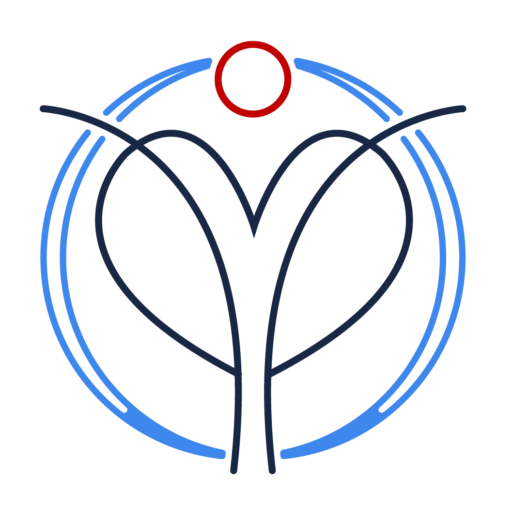As the school year commences, sleep takes a back seat to the demands of our daily lives. Students are exchanging their precious rest time for just a few more hours of studying. In this article, I hope to demystify the realm of sleep by diving into its triggers, purpose, and benefits!
What causes sleepiness?
Terms to know:
- Melatonin: The sleep hormone
- Circadian rhythm: Your body’s internal clock that regulates your sleep schedule, hunger hormones, and more 1
- Pineal gland: A tiny endocrine gland in the middle of your brain that produce melatonin 2
- Cortisol: A glucocorticoid (steroid) hormone 3
- Adenosine: Chemical compound/neurotransmitter that increases our need to sleep
- Adenosine triphosphate: The “energy currency” of the cell. A molecule that stores and provides energy
The circadian rhythm reacts to changes in light; it’s hardwired to release melatonin at night and wakes us up when the sun comes out in the morning. As melatonin levels rise, those hormones send signals to the brain (specifically the pineal gland) that it’s time to go to sleep. Your body then starts preparing itself for sleep: your muscles relax, you start feeling drowsy, and your body temperature drops 4. In the morning, your body responds to the light and produces cortisol (your melatonin levels also naturally decrease).5
Another component of this system is adenosine. It is often located in conjunction with a molecule called adenosine triphosphate (ATP), so as you use up energy during the day and ATP is broken down, adenosine is released as a byproduct. This is why people like student-athletes require more sleep: they use more energy, thus producing more adenosine and increasing their rest and sleep time.6
Furthermore, this complicated sleep process can also be interrupted by other factors. As I stated previously, your body’s melatonin production responds to light exposure, so artificial light from your computer screen, phone, TV, etc. can interfere with your melatonin production and may be delayed because your body still thinks it’s daytime.4
Why do we need sleep?
Here are some examples of the processes that occur when you sleep:
- Cellular restoration (cells are regrowing and repairing themselves) Includes muscle repair, tissue growth, hormone release, and protein synthesis. 7
- Brain function (neurons are reorganizing and the brain’s glymphatic system clears out waste) improves memory and affects learning, focus, creativity, and more! 7
- Cardiovascular function: sleep has been found to increase your risk of heart disease. Lack of sleep is associated with factors that contribute to heart diseases like high blood pressure, increased nervous system activity, obesity, etc. 8
Evidently, sleep is essential to our life-sustaining processes and body functions. There is no denying its importance, so students, next time you’re thinking about pulling an all-nighter, consider its repercussions and long-term effects carefully.
Citations
1. Circadian Rhythms. National Institute of General Medical Sciences. https://www.nigms.nih.gov/education/fact-sheets/Pages/circadian-rhythms.aspx. Updated May 4, 2022. Accessed August 8, 2023.
2. Pineal Gland: What It Is, Function & Disorders. Cleveland Clinic https://my.clevelandclinic.org/health/body/23334-pineal-gland. Accessed August 8, 2023.
3. Cortisol: What It Is, Function, SYmptoms & Levels. Cleveland Clinic. https://my.clevelandclinic.org/health/articles/22187-cortisol. Reviewed December 10, 2021. Accessed August 8, 2023.
4. What Makes You Sleep?. Society of Wellness. https://societyofwellness.com/what-makes-you-sleep/. Accessed August 8, 2023.
5. Brain Basics: Understanding Sleep. National Institute of Neurological Disorders and Stroke (nih.gov). https://www.ninds.nih.gov/health-information/public-education/brain-basics/brain-basics-understanding-sleep. Reviewed on July 19. 2023. Accessed August 8, 2023.
6. Adenosine and Sleep. Sleep Foundation. https://www.bing.com/search?pglt=169&q=adenosine+in+sleep&cvid=1b39095885b141bba08b67f050033b23&aqs=edge.0.69i59j46j69i59j69i57j0j46j0l3.2591j0j1&FORM=ANAB01&PC=DCTS. Updated June 10, 2022. Accessed August 8, 2023.
7. Why Do We Sleep? What Happens During Sleep?. Healthline. https://www.healthline.com/health/why-do-we-sleep#brain-function. Updated June 20, 2023. Accessed August 8, 2023
8. How Sleep Works- Why Is Sleep Important?. National, Heart, Blood, and Lung Institute. https://www.nhlbi.nih.gov/health/sleep/why-sleep-important. Updated May 24 2022. Accessed August 8, 2023

